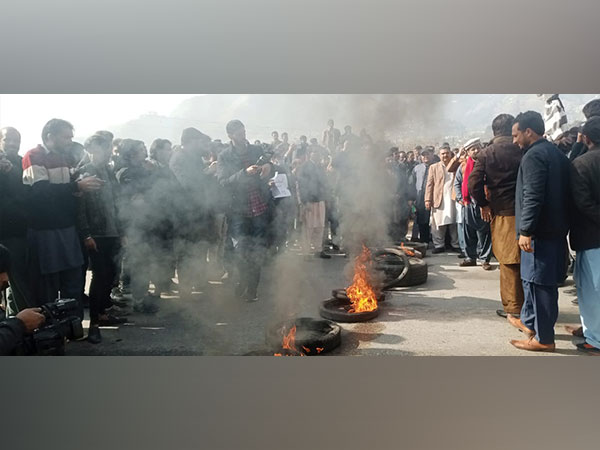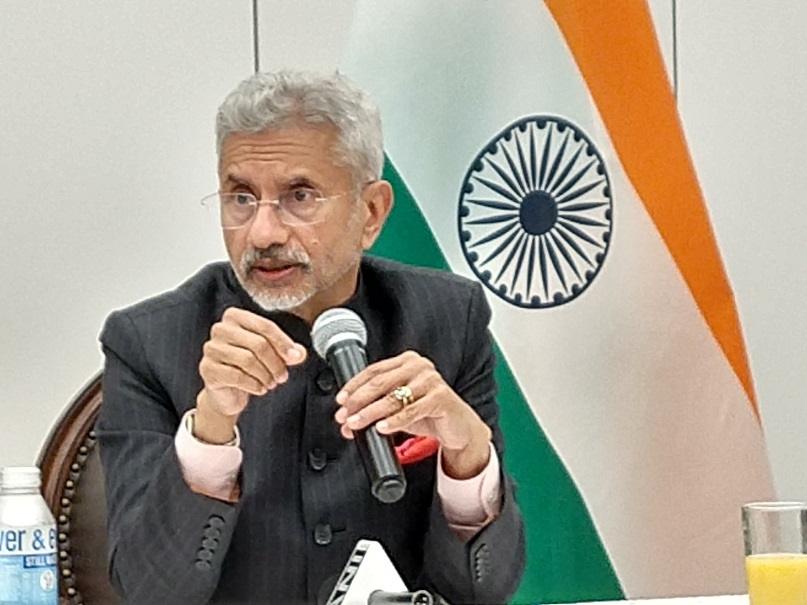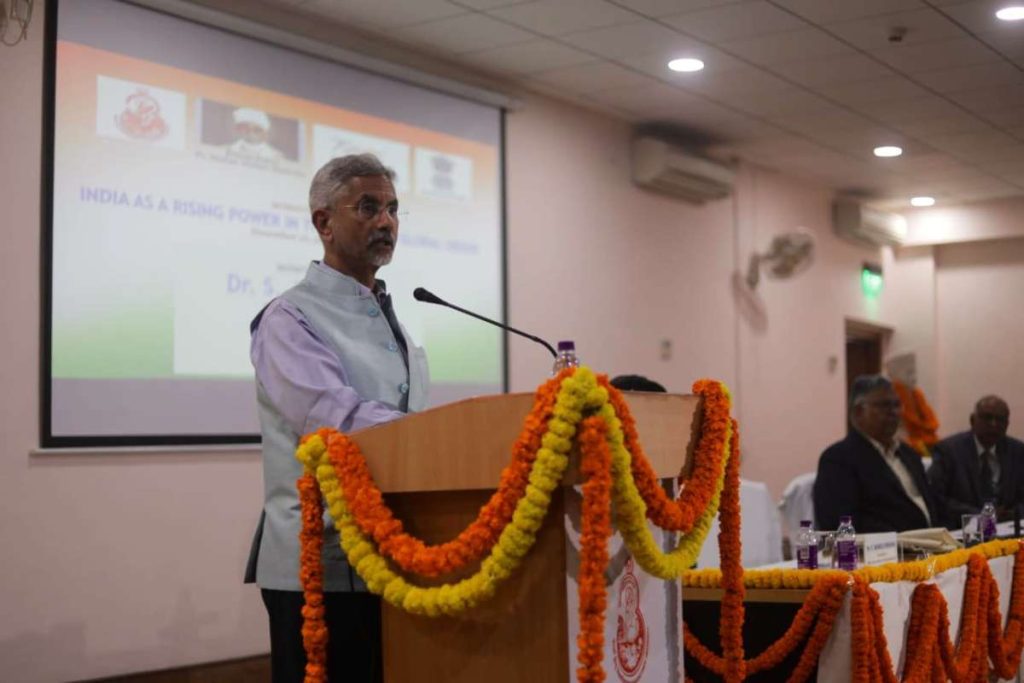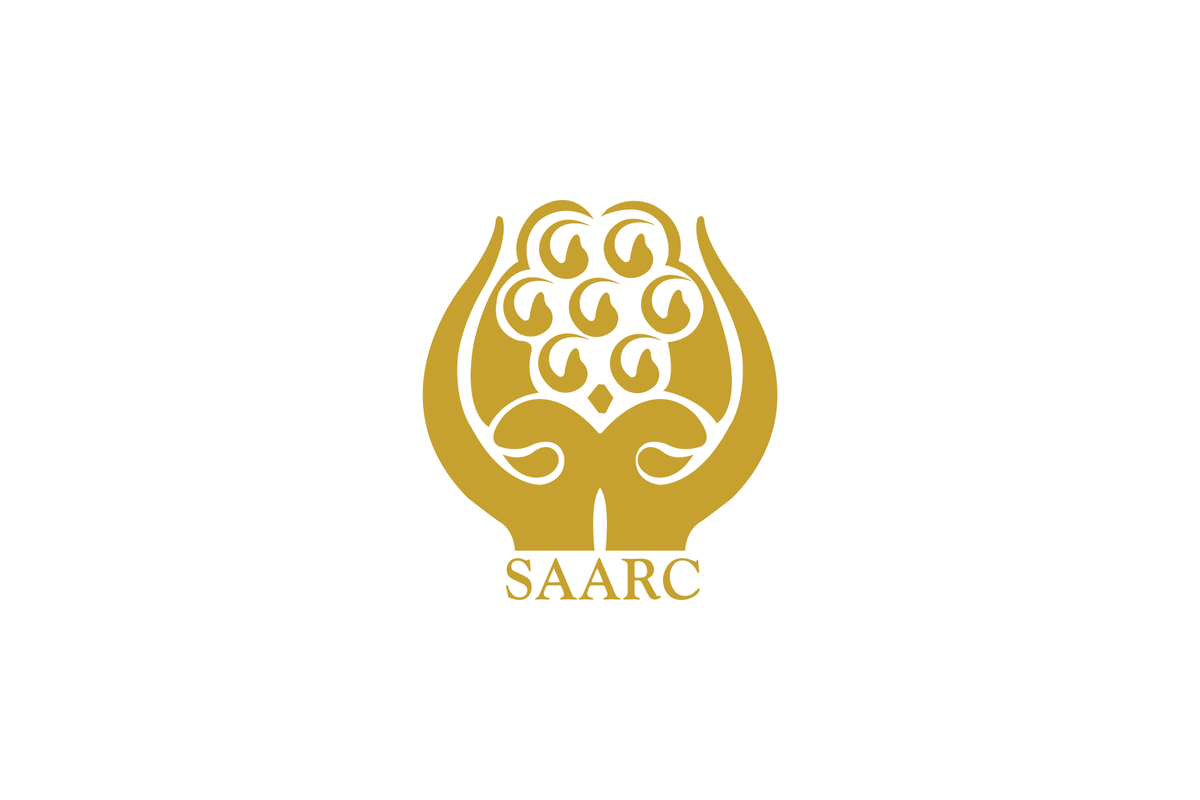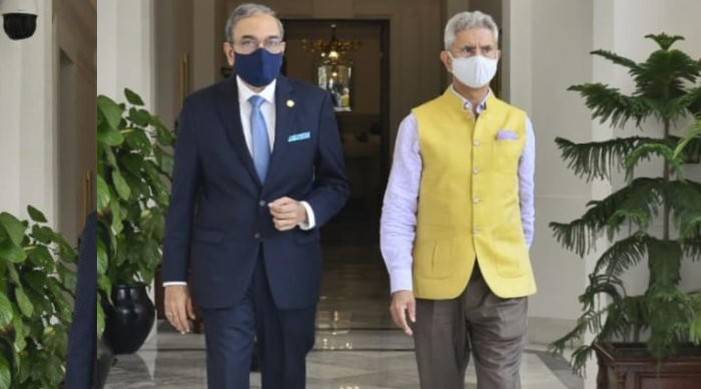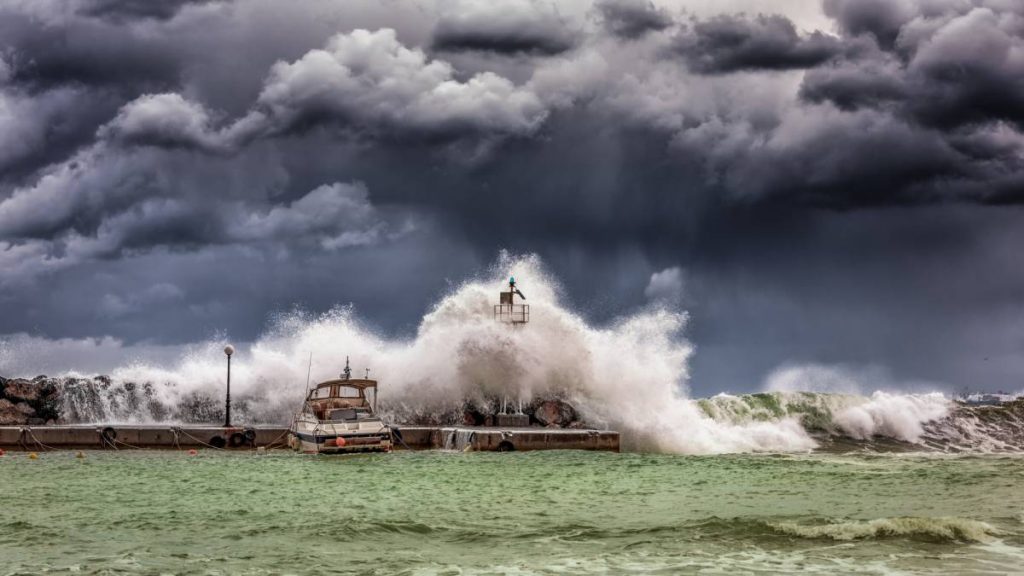Afghanistan was supposed to present a candidate for the SAARC Secretary General Post this time, but since the member states do not recognize the Taliban…reports Asian Lite News
It was Afghanistan’s turn to suggest a candidate for the South Asian Association for Regional Cooperation’s (SAARC) Secretary General Position. The seat has, however, not been awarded to the country because the organization’s states have not recognized the current Kabul administration, Afghanistan-based Khaama Press reported.
According to Khaama Press, after Afghanistan, it was Bangladesh’s turn, and Golam Sarwar, a senior career diplomat, was appointed the next secretary general of the eight-member regional organization. Sarwar is stepping in to replace Esala Ruwan Weerakoon of Sri Lanka, whose three-year term ended in February 2023. Golam Sarwar’s application to serve as the regional bloc’s secretary general has been forwarded by the government of Bangladesh.
The SAARC council of ministers usually meet in person to choose a new secretary general, but that was not possible this time. Owing to this, Nepal’s Bharat Raj Poudel discussed Golam Sarwar’s nomination with his counterparts in SAARC members’ nations, including Pakistan but excluding Afghanistan, and proposed an endorsement via a circular, which all members’ states approved.
The South Asian Association for Regional Cooperation, or SAARC, which was established in 1985, seeks to accelerate its member states’ economic and social growth. Its member states are Afghanistan, Bangladesh, Bhutan, India, Maldives, Nepal, Pakistan, and Sri Lanka.
During the organization’s 14th summit session on April 3, 2007, Afghanistan became one of the organization’s eight members.
Afghanistan was supposed to present a candidate for the SAARC Secretary General Post this time, but since the member states do not recognize the Taliban; Bangladesh has been given the opportunity.
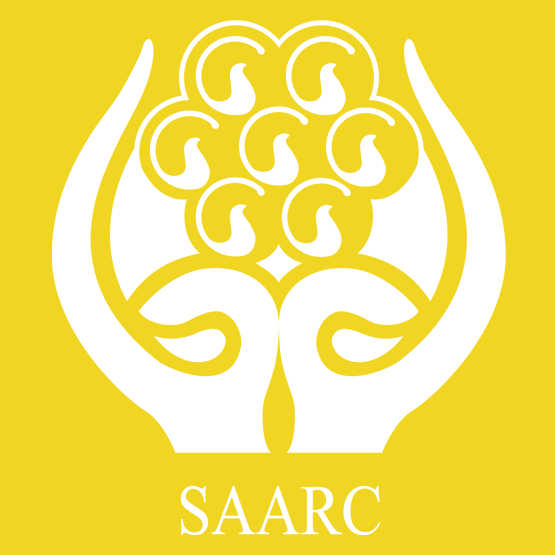
Taliban recently called on the international community to recognise the “Islamic Emirate” of Afghanistan, claiming that if recognised, the concerns and complaints of the world community will be addressed in a better way, Afghanistan-based Tolo News reported.
“The Islamic Emirate will be paying more attention to its responsibilities and the complaints we have among ourselves or from other countries will be addressed in a good way. Because one side will feel responsible regarding the laws and regulation,” Afghan Taliban spokesman Zabiullah Mujahid said, as quoted by Tolo News.
According to Mujahid, if some powerful world countries prevent Afghanistan’s recognition, the rest of the world countries should not follow them.
This comes as the Taliban-led Ministry of Economy said that the lack of recognition of the “Islamic Emirate” by the international community since last August has caused challenges in the country.
“If the Islamic Emirate is recognized, the engagement of Afghanistan with the international community will increase and this will cause stabilization in the region,” said Abdul Latif Nazari, Afghan deputy Minister of Economy under the caretaker Taliban regime. (ANI)

